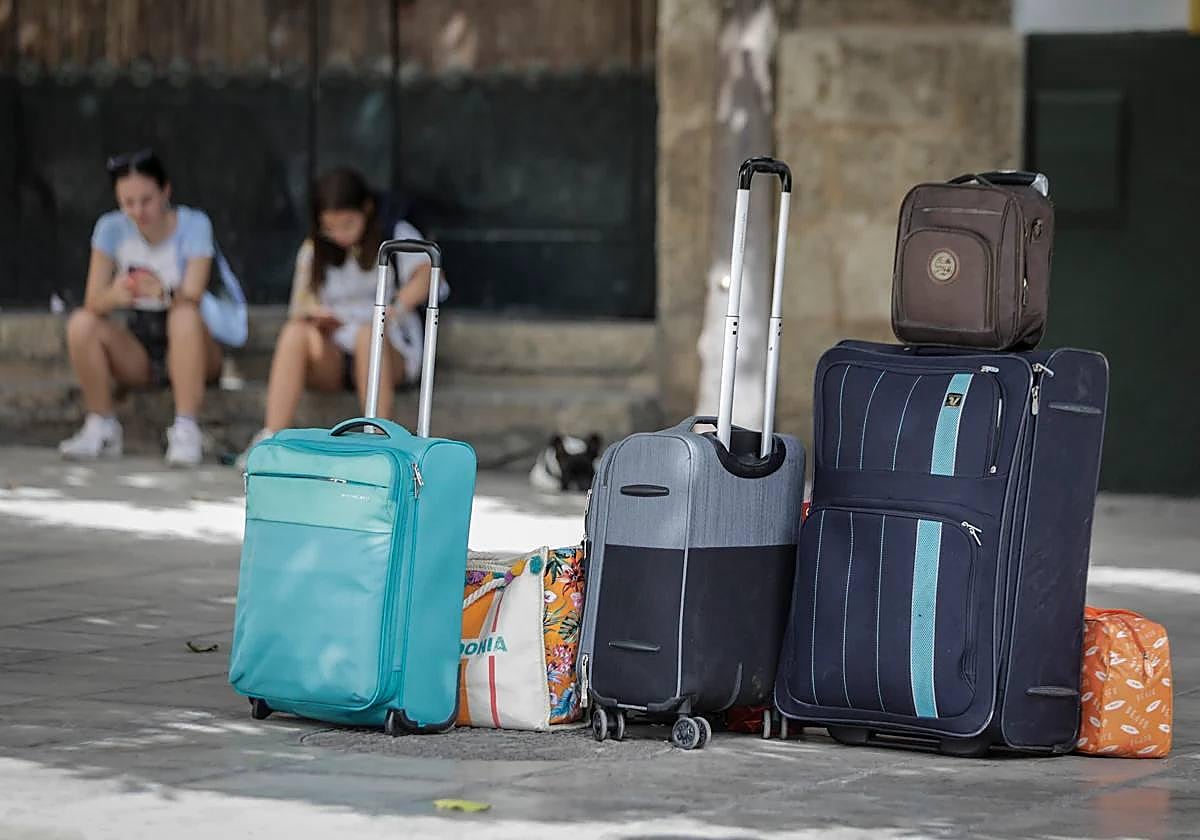Costa del Sol holiday resort to limit registration of new tourist dwellings in the town
The town hall will also introduce a series of other measures which will hit the owners of existing properties used for such purposes in the pocket
Europa Press
Fuengirola
Thursday, 15 August 2024, 16:49
Fuengirola town hall will limit the registration of more tourist accommodation in the municipality, after evaluating the conclusions of a study it commissioned from a consultancy firm specialising in strategic planning in housing and urban planning, which has revealed "the high incidence of this type of accommodation in the residential pressure of the town".
As a result, the local government, on the one hand, has asked the Junta de Andalucía to cancel some 600 registrations in the region's public register of this type of establishment for failing to comply with article 7.1.6. of the general urban development plan (PGOU), based on the Andalusian decree of 29 January on the regulation of tourist dwellings (effective from 22 February).
It has also approved that these rental flats be considered tourist businesses for the purpose of paying the municipal rubbish tax, with their owners facing a corresponding increase in this amount depending on the square metres of the property.
In addition, it will withdraw the 30 per cent rebate on real estate property tax (IBI) for all registered owners who benefit from this aid, as is already the case for all other economic activities, as explained by Fuengirola town hall in a press statement.
Town planning councillor Rocío Arriaga said, "The council aims with this initiative, which is already widespread in other Spanish tourist municipalities, to make tourist activity sustainable, as a central axis of the economy, in harmony with the well-being of the residents. This is within a quality model that continues to make the destination attractive and ensuring the comfort of the residents."
"Until now, the regional government informed the local council of requests for the setting up of tourist accommodation. However, the change in regulations in force since February of this year allows the council to revoke the requests based on article 7.1.6. of the municipal planning law. This states that all flats that do not have a separate entrance cannot be processed as holiday homes," the councillor added.
For this reason, the local council has decided to apply this limitation to all the applications registered as of 22 February, which amount to more than 600, and to continue applying this restriction to all future requests that do not comply with this precept.
The town hall has also approved the application of rate B of the municipal tax ordinance, that is, the rate reserved for hotels, hostels, guesthouses and other similar establishments, to owners of tourist accommodation, depending on the square metres of the property. Until now, these were subject to the ordinary housing modality, so they will experience an increase in the amount they will have to pay.
Preliminary study
Meanwhile, the council has pointed out that the study carried out by the consultancy firm, Espacio Común COOP, which was released on 1 August, put the residential tourist pressure in the town at nine per cent. This is double that of provincial cities in Andalucía, such as Malaga (4.5 per cent), and three times that of Seville (3 per cent). In this sense, the report underlined that the very configuration of the municipality is conducive to the establishment and dispersion of tourist dwellings throughout the municipality, which covers an area of ten square kilometres and is practically entirely urbanised.
By areas, the neighbourhoods closest to the beachfront have the most units of this type of accommodation. For example, almost 50 per cent of them are concentrated in Torreblanca-Carvajal, Los Pacos and Miramar. These are also the areas with the greatest residential-tourist pressure: Torreblanca-Carvajal (13.9 per cent), Las Chozas (13.5 per cent), the centre (10.2 per cent), Miramar (8.4 per cent) and Los Boliches (7.9 per cent).
The technical diagnosis prepared by the aforementioned urban planning study quantified the growth of tourist housing at 30 per cent from 2020 and that they already account for 65 per cent of the accommodation places in Fuengirola, specifically, about 28,000 spread over more than 5,500 holiday rental flats. Finally, the councillor said that "more measures will continue to be studied according to the evolution of those presented".
